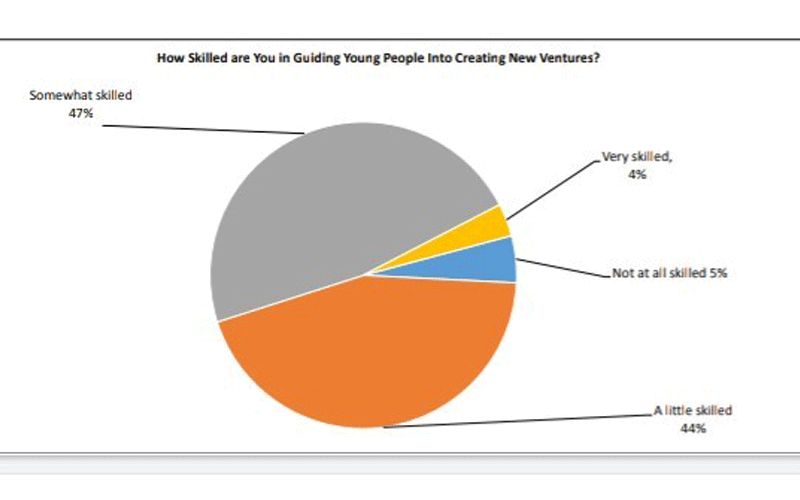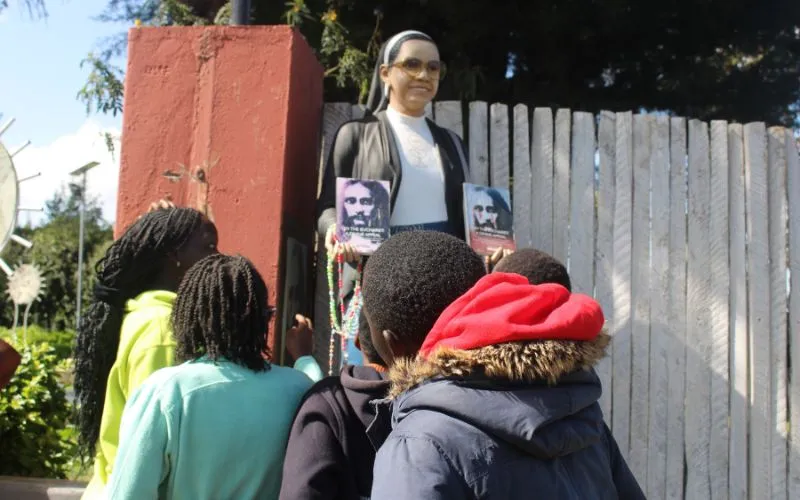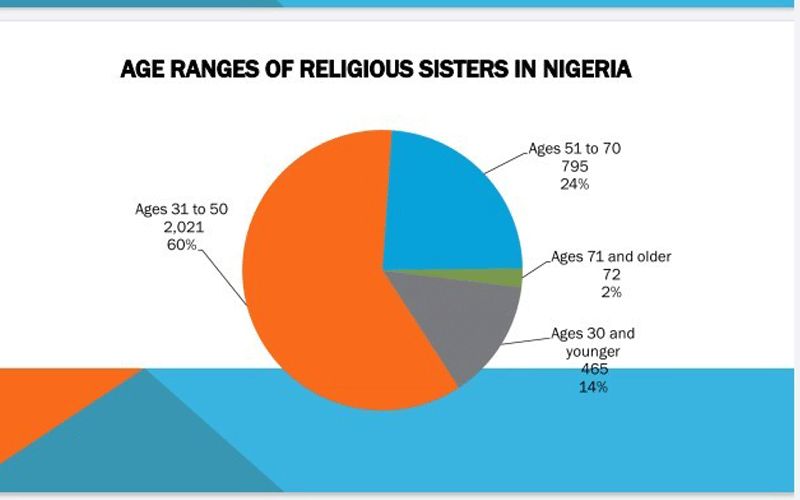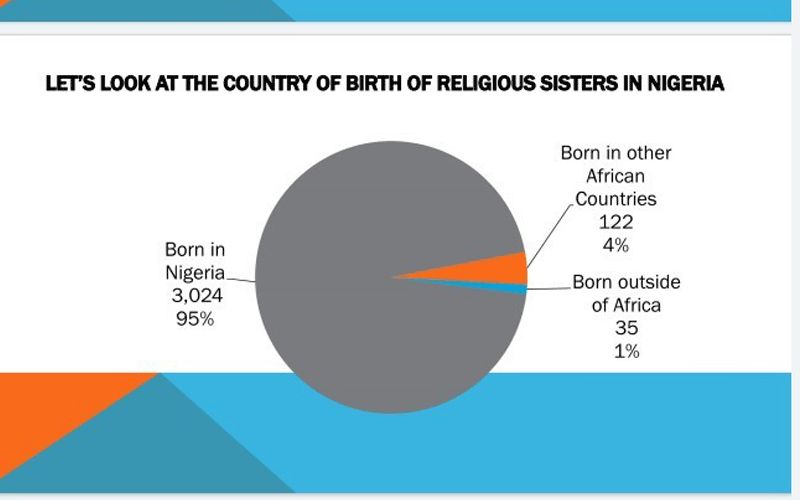Nairobi, 28 September, 2020 / 9:05 pm (ACI Africa).
A study in Eastern and Central Africa has established some five limitations, which Catholic Sisters ministering among young people face, a Sister has indicated in her presentation at the ongoing ten-day virtual International Consultative Research (ICR) conference.
Training in entrepreneurship is one of the five limitations, Sr. Hellen Bandiho told participants during the Monday, September 28 session, explaining that majority of women Religious in the region lack appropriate skills in guiding young people keen on becoming entrepreneurs.
Based on her research findings, the member of Tanzania-based Congregation of the Sisters of St. Therese of the Child Jesus (STH) reported that only 4 percent of the 262 research respondents indicated that they were “very skilled” in entrepreneurship.
Almost half of the respondents drawn from five African countries (47 percent) indicated they were “somewhat skilled”; 44 percent said they were “a little skilled”; and 5 percent indicated that they were “not at all skilled” in entrepreneurship, Sr. Hellen who serves as the Secretary General of the Association of Consecrated Women in Eastern and Central Africa (ACWECA) reported.
Titled “Women Religious in ACWECA Region: Effective Evangelization in Modern Society,” Sr. Hellen’s research sought to explore the preparedness of Catholic Sisters for youth apostolate in the region of Eastern and Central Africa alongside four other study objectives.










